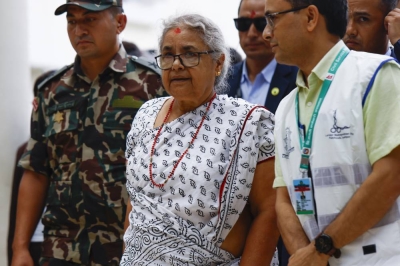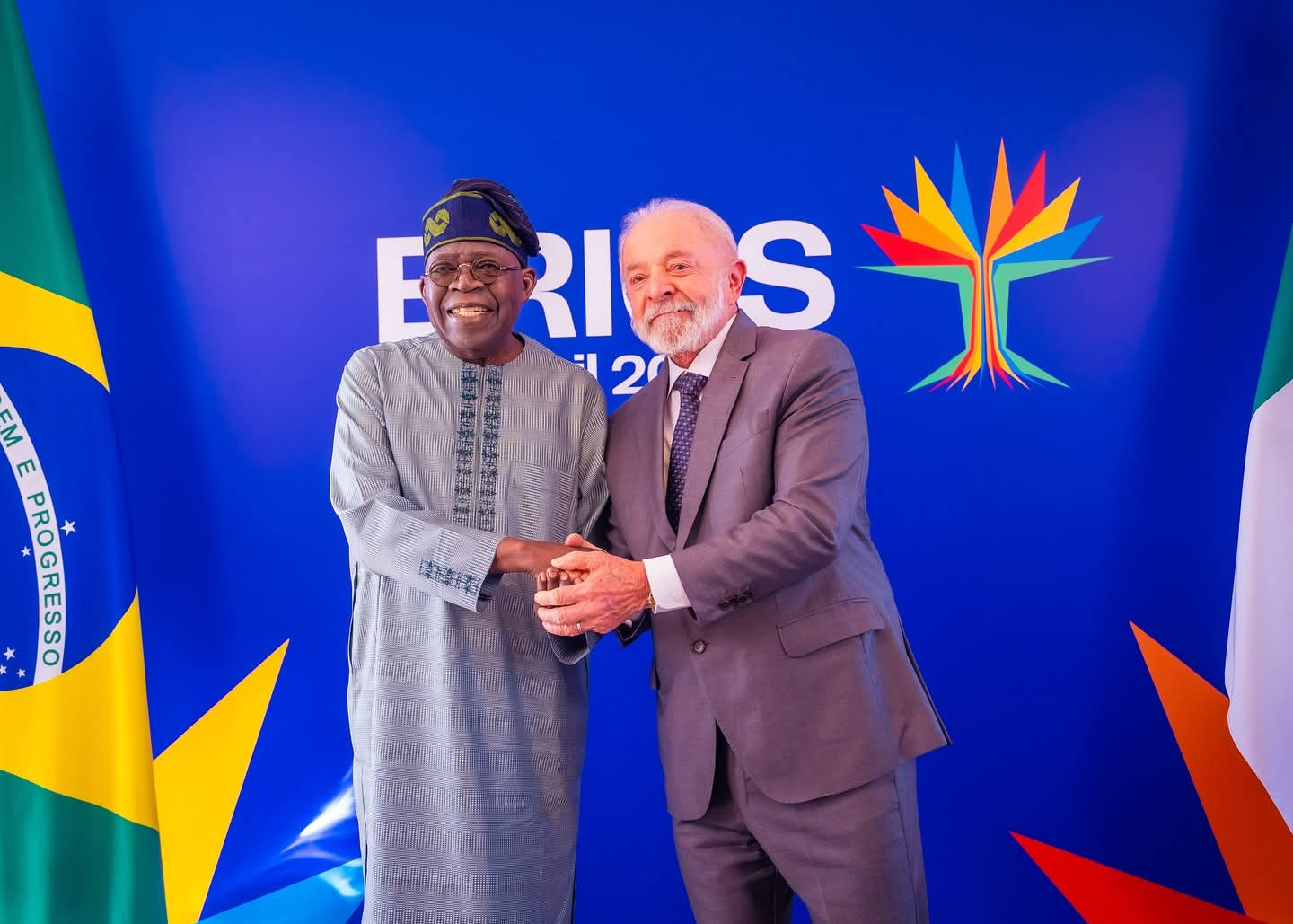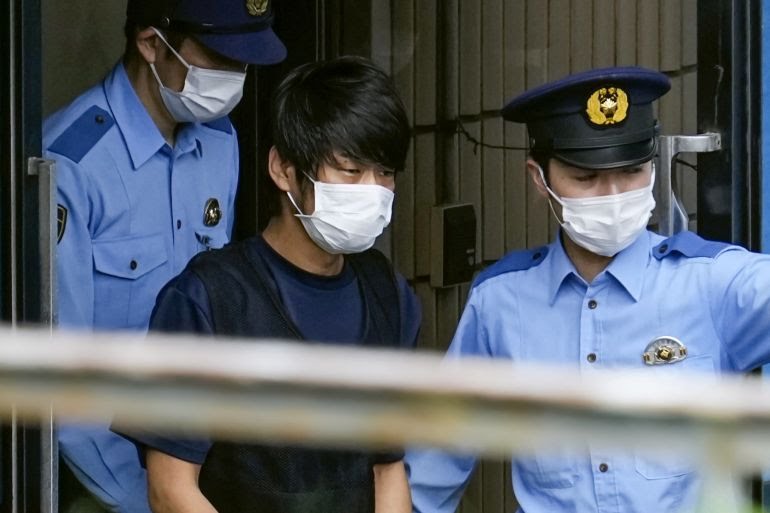By: Eugene Upah
Nepal’s new interim Prime Minister, Sushila Karki, took office on Sunday and immediately vowed to address the demands of “Gen Z” protesters who forced her predecessor’s ouster. The 73-year-old former chief justice, known for her independence, said her government would work to “end corruption, [ensure] good governance, and economic equality” as it prepares the nation for elections in six months.
The appointment of Karki came after a week of intense, youth-led protests that began with a ban on social media and quickly escalated, fueled by long-standing economic grievances. The unrest, the worst since the end of a decade-long civil war in 2008, left at least 72 people dead and 191 injured, according to government figures. Parliament and other key government buildings were set ablaze during the demonstrations
Karki’s name was put forward by thousands of young activists using the Discord app, a testament to the power of the “Gen Z” protest movement. “The situation that I have come into, I have not wished to come here,” Karki said in a national address. “My name was brought from the streets.”
She pledged that her administration would not stay in power for more than six months and would “hand over to the next parliament and ministers.”
With a fifth of Nepalis aged 15 to 24 unemployed and a GDP per capita of just $1,447, the protesters’ demands for economic reform and an end to corruption have struck a chord across the country.
Karki began her tenure by holding a minute of silence for those killed in the unrest and starting meetings at the key government complex of Singha Durbar, which was a target of the protests.
While the army’s presence on the streets has been scaled back, the new government faces a daunting security challenge, with more than 12,500 prisoners having escaped from jails during the chaos.
Regional leaders, including the prime ministers of India and China, have congratulated Karki on her appointment, expressing support for a stable Nepal. The Dalai Lama also sent his wishes, hoping she would fulfill the “hopes and aspirations of the people of Nepal in these challenging times.”





